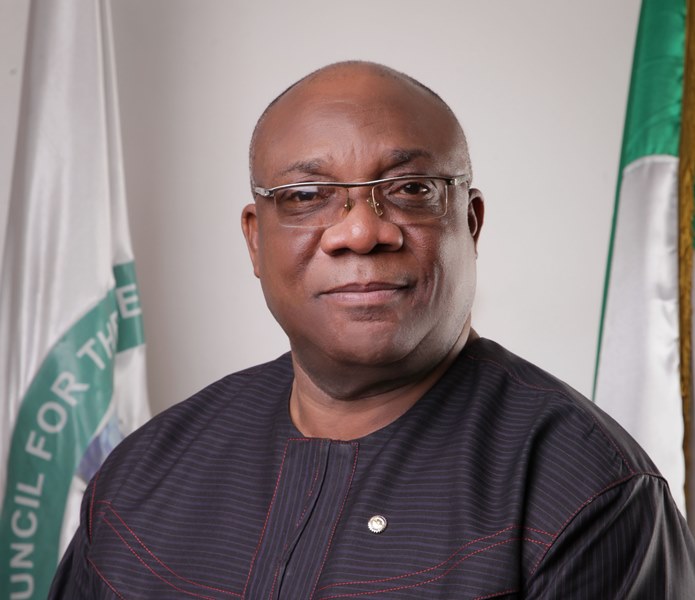…Declares new decade of freight forwarding in Nigeria
The Council for the Regulation of Freight Forwarding in Nigeria (CRFFN) has said that the Practitioners’ Operating Fee (POF) is a win-win for the government and the practitioners with the promise of organized collective action against the numerous threats including foreign intrusion and dominance, near absence of local content participation in oil and gas services including the need for effective participation in new Africa Continental Free Trade Area (AfCFTA) regime.
The Registrar of CRFFN, Barr. Samuel Nwakohu who made this assertion recently in a keynote address at the stakeholders’ meeting on POF regime stated that a cursory look at the new face of freight forwarding revealed an overwhelming wave of digitalization which he said had enabled big players to build digital data warehouses with millions of data points.
He noted that as a result, shippers could select from different modes of transport, add on services, receive quotes and book shipments in a matter of minutes on an online platform even as he described it as a big threat to Nigeria if practitioners don’t respond fairly quickly.
“It therefore becomes imperative that we must raise financial capital to fund and face the battle and the Practitioners’ Operating Fee (POF) is our first point of takeoff “, he said.
He observed that the Council drew its strength for the POF collection from Section 6 (1) sub 2a, 2b and 2c of the enabling Act which empowered it to charge and collect revenues in the form of practicing and other fees (Practitioners Operating Fee) as well as the Honourable Attorney General of Federation (AGF) and Minister of Justice’s authorized official Gazette No. 31 Vol. 1006 of 2019.
Others according to the Registrar included the Federal Executive Councils approval of May 8th, 2019 via Memo EC 11th Meeting, Conclusion 26 and consequently, the Federal Ministry of Finance’s directive of 6th January, 2020 via letter ref. F.19624/TR/CRFFN011/446 wherein POF Receipt was made a requirement for cargo exit from the ports and land border stations.
“In the months to come, we shall be spending a great deal of our time on how to compete on the global arena”, he added.
He however remarked that December 2019 marked the end of the first decade of the CRFFN operations as a Council even as he recalled that the last decade was an era filled with challenges as it struggled with its identity.
This new decade, he said, would be different in a number of ways.
“Firstly, we are now united in the definition of who we are as an organization and our goals and objectives have been clearly laid out for all to key into. It is no longer conflict between the associations or the associations and the Council but a combined effort to save the profession and professionalize it for the benefit of practitioners and national economy. We must see the big picture and keep that in focus. For us in the Council, this is the defining decade”, he stated.
The Registrar while describing freight forwarding as a big and noble business pointed out that it was both trade facilitating and mover of global economy hence the World Bank in recognition of this fact established the Global Logistics Performance Index (LPI) as the metric for measuring national competitiveness.
Photo: CRFFN Registrar/CEO, Barr. Samuel Nwakohu.
Send your news, press releases/articles to augustinenwadinamuo@yahoo.com. Also, follow us on Twitter @ptreporters and on Facebook on facebook.com/primetimereporters or call the editor on 07030661526, 08053908817.

